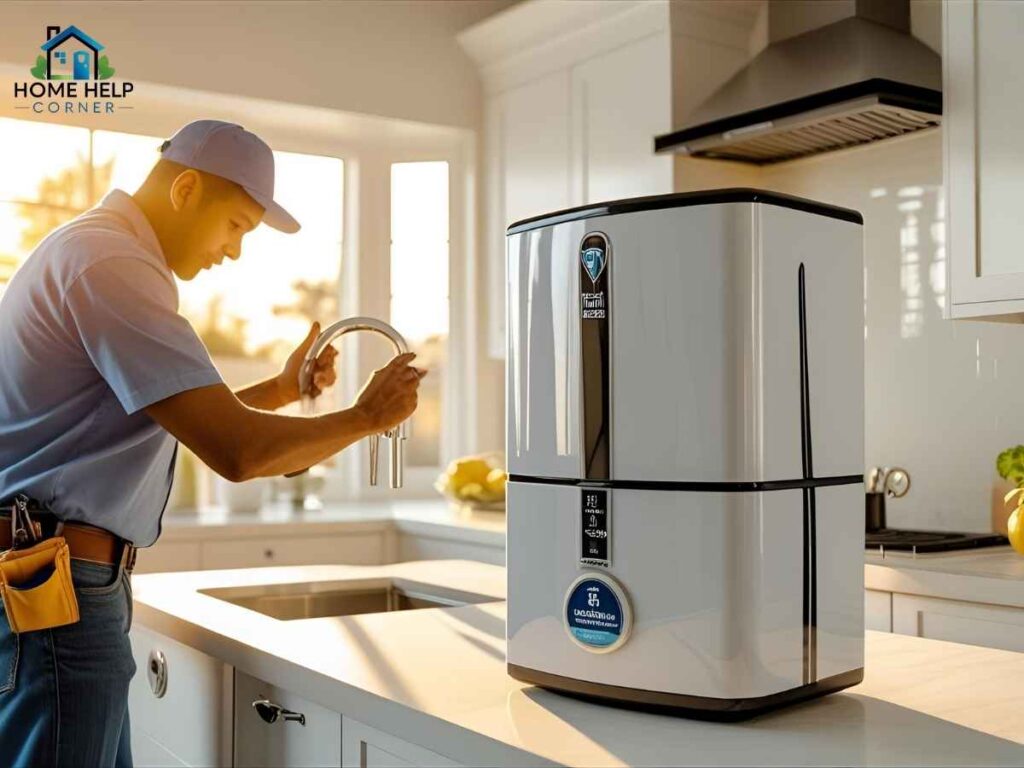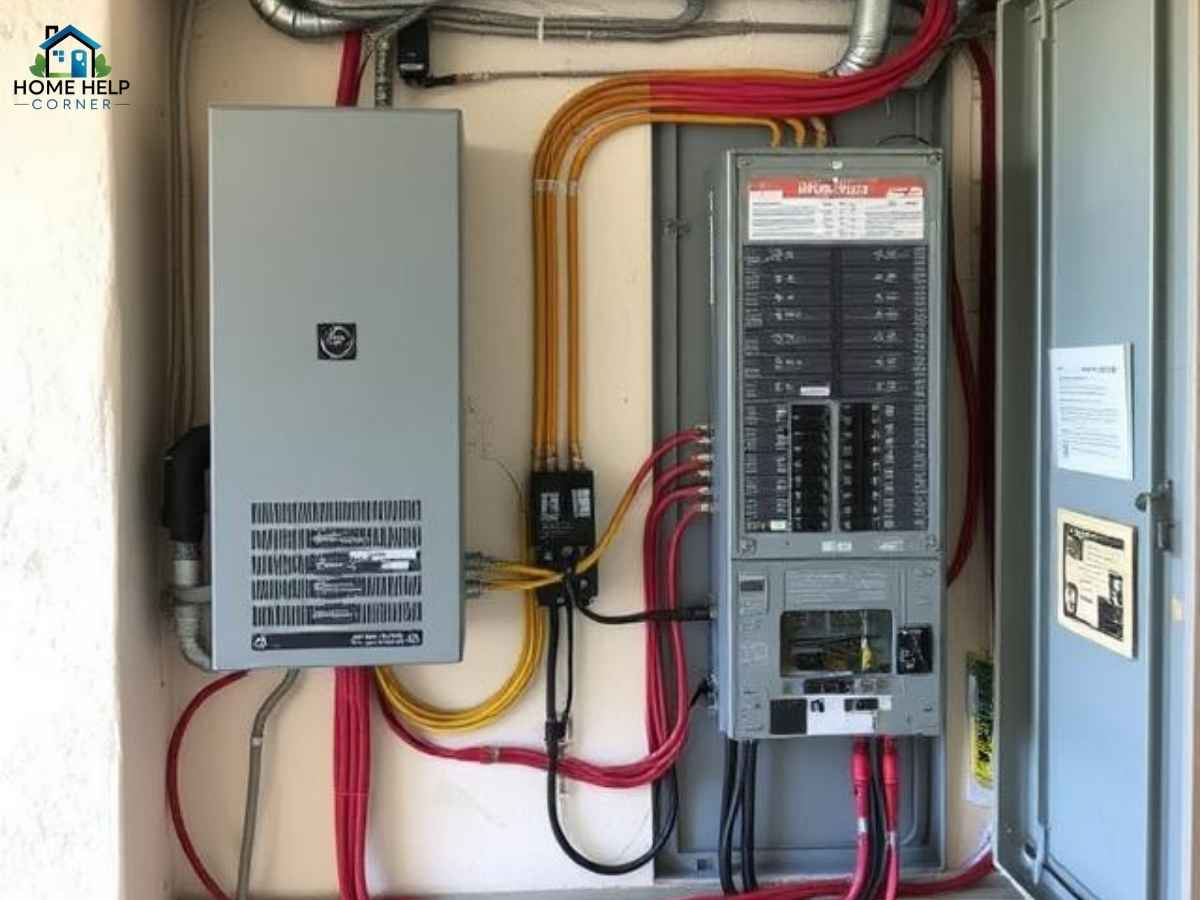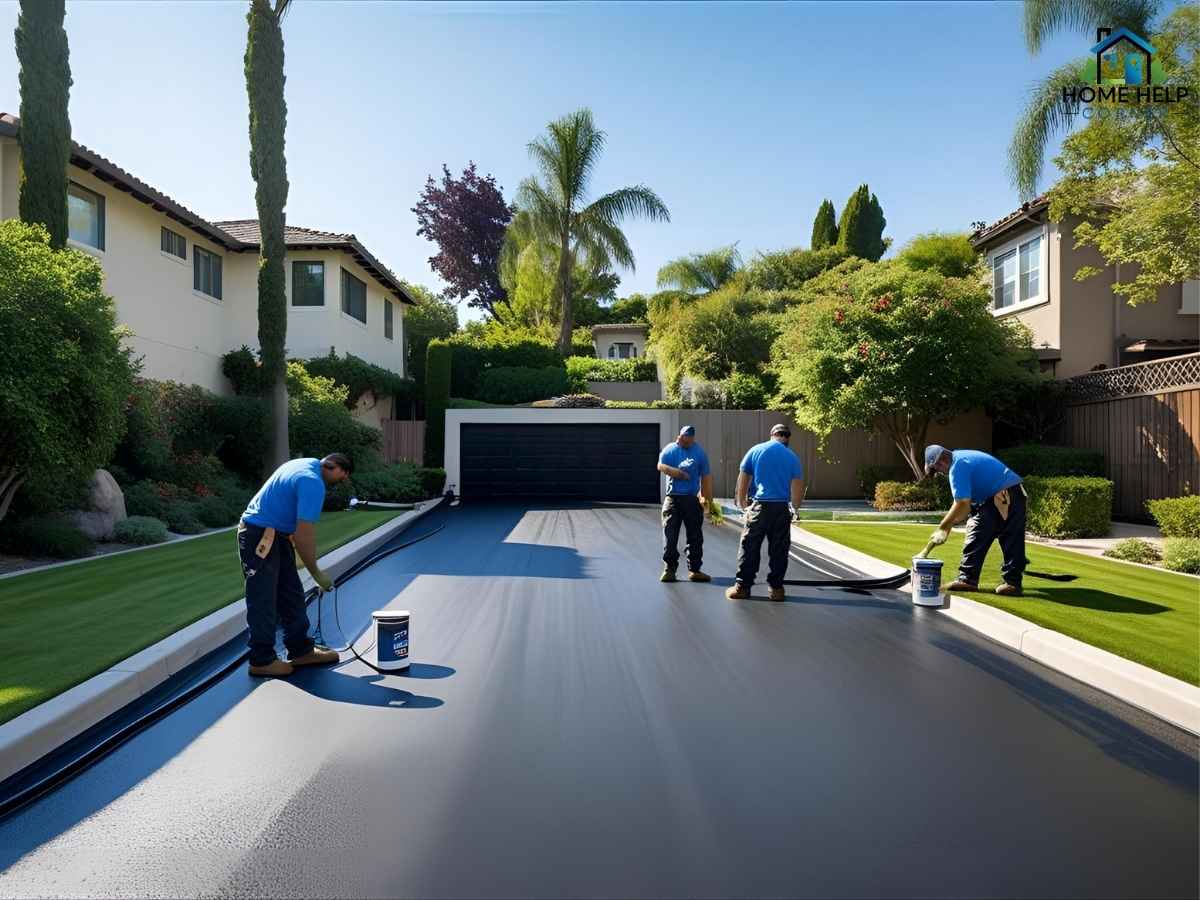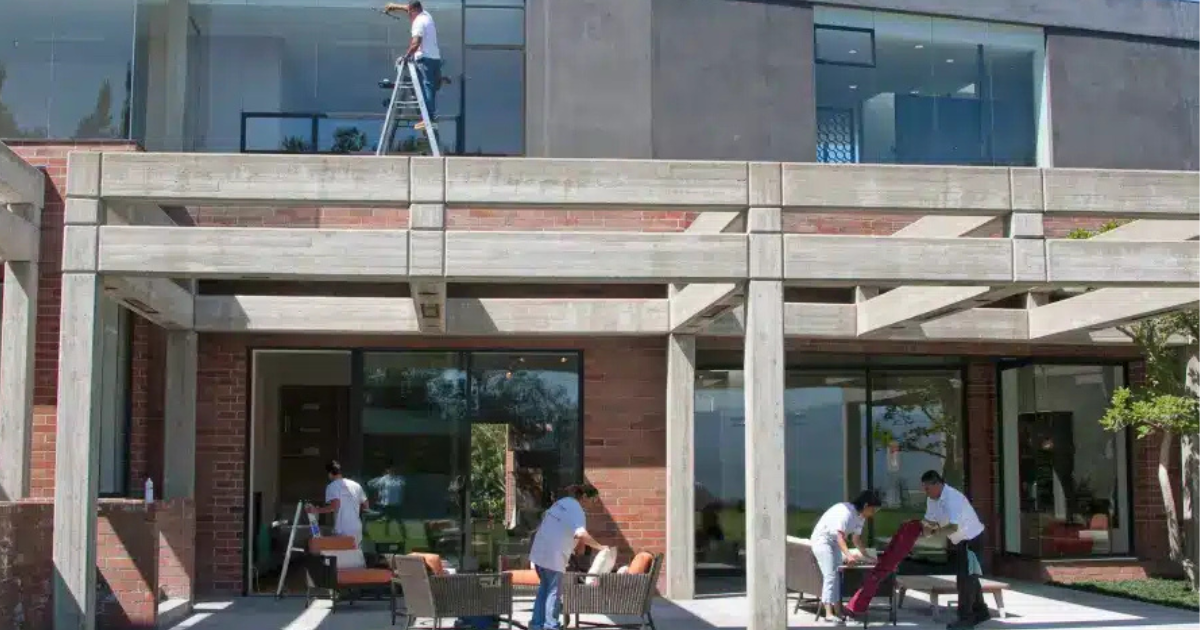Picture a hot summer afternoon in Los Feliz. You just stepped out of the shower only to notice white spots layered on your glass door and streaks on your jet-black kitchen sink. Chances are, if you live in Los Angeles, you’ve experienced the effects of hard water firsthand—scaly buildup, spotty dishes, and laundry that never feels quite clean. The big solution for many Angelenos? Water softeners. But are they right for your Los Angeles home?
Let’s dive into the local truths behind water softeners, featuring real LA neighborhoods, up-to-date water stats, first-hand stories, and a hyper-local guide for making the smartest decision for your household.
Table of Contents
Los Angeles Water Hardness: Local Challenges
Los Angeles stretches from Malibu’s surf to Eagle Rock’s coffee bars—all served by water treated and distributed by the Los Angeles Department of Water & Power (LADWP). Our water comes from hundreds of miles away, carrying dissolved minerals like calcium and magnesium. According to LADWP and the LA County Department of Public Health, most LA neighborhoods struggle with “moderately hard” to “very hard” water, typically ranging between 130–270 parts per million (ppm) of hardness.

- Glendale (91205, 91206): 220 ppm
- Westchester (90045, 90094): 210 ppm
- Torrance (90503, 90505): 250 ppm
- Hollywood Hills (90068, 90046): 180 ppm
- Highland Park (90042): 210 ppm
This means those powdery white spots on your fixtures aren’t just cosmetic—they’re evidence of hard minerals building up in your pipes and appliances, shortening their lifespan and making cleaning tougher.
Local climate adds another layer: LA’s ongoing drought periods, hot weather, and seasonal water restrictions mean homeowners need solutions that are tough on hard water but gentle on the environment (and wallet).
What Is a Water Softener? How Does It Work?
A water softener is a filtration system installed at your home’s main water entry point. The most common type—salt-based—replaces hard minerals with sodium using ion-exchange resin. There are also salt-free water conditioning options, which treat water without removing minerals.
Benefits of softened water in LA:
- Cleaner dishes and fixtures
- Softer laundry and shower experience
- Longer appliance lifespan
- Reduced scale in pipes
But, like anything in Southern California, nothing is ever one-size-fits-all.
Water Softener Pros & Cons for Angelenos
The Pros
1. Clearer Fixtures & Longer-Lasting Appliances
Say goodbye to scale on your faucets and spotted glasses. Most users in neighborhoods like Silver Lake (90026) and Encino (91316) notice instant improvements in kitchen and bathroom surfaces.
2. Better Showers & Laundry
Softened water means less soap scum, richer lathers, and softer clothes straight from the dryer. People in Culver City (90232) love how their city’s hard tap water transforms after softening.
3. Pipe Protection
With fewer hard minerals, your plumbing is less likely to clog or corrode over time, translating into fewer expensive repairs and replacements.
4. Energy Efficiency
Appliances like water heaters and washing machines run more efficiently, saving energy and lowering bills—a big win with LADWP’s seasonal surcharges.
The Cons
1. Added Sodium in Water
Salt-based softeners exchange hard minerals for sodium. If you’re on a low-sodium diet or worried about taste, you’ll want to install a bypass tap for drinking water or consider salt-free alternatives.
2. Ongoing Maintenance
Salt tanks require regular filling—bags can be heavy and tracking usage is another chore for your to-do list. Neglect can lead to system failure or mushy salt bridges.
3. Environmental Impact
Salt-based water softeners release brine into the municipal sewer system, contributing to local water salinity issues. In drought-prone LA, environmental rules in some neighborhoods (like portions of Santa Clarita and Calabasas) even restrict or ban salt-based softeners.
4. Upfront & Ongoing Costs
System prices range from $1,200–$3,000, with yearly maintenance of $100–$300 (salt, resin, filters). In areas like Brentwood (90049), water softener permits may be required—check LA County’s utility site for details.
5. Not a Fix for All Water Issues
Softeners don’t filter out chlorine, taste, or odor. Pair with an activated carbon filter for complete water quality improvement.
Real LA Case Studies: Stories from the Neighborhoods
1. Atwater Village (90039): Restoring Family Harmony
After moving into a 1920s bungalow, the Lopez family quickly tired of chalky residue clogging their new showerhead. Their Mission Trails Plumbing technician recommended a salt-free conditioning system paired with a carbon filter. Laundry became noticeably softer, and even their beloved coffee’s flavor improved. Bonus: less guilt about environmental impact.
2. Mar Vista (90066): Battling the Drought & the Hard Water
Landscape designer Priya W. was frustrated by brown spots on her home’s new fixtures and a dying garden courtesy of salty runoff. After heavy research, she chose a hybrid water softener with a city-approved brine recycling system. Her water-efficient decision kept her plants happy and avoided a zoning violation.
3. Pasadena (91104): Appliance Makeover Magic
James, a film editor, noticed his dishwasher constantly stained his dishes while his washing machine needed frequent descaling. Mission Trails Plumbing installed a traditional salt-based softener with a separate drinking tap at the kitchen sink. Six months later, not only were his appliances running more smoothly, but his monthly water heater bills dropped by 18%.
Water Softener Alternatives for Los Angeles
If you want the perks of less scale but worry about salt and the environment, here are your primary options:
- Salt-free Conditioners: Use template-assisted crystallization (TAC) to prevent minerals from sticking. These don’t truly soften water but reduce buildup and require little maintenance.
- Reverse Osmosis Systems: Remove nearly all contaminants and minerals—ideal for drinking taps. These systems waste some water during filtration but offer pure taste.
- Point-of-Use Filters: Attach to sinks or showers for targeted results and easy DIY installation.
Many local homeowners combine systems: a softener for the whole house, with RO or carbon filtration at the kitchen sink.
Top 3 Water Softener Service Providers in Los Angeles
Below are three standout local companies based on their expertise, customer satisfaction, and eco-friendly options:
1. Mission Trails Plumbing
Local, family-owned, and trusted for transparent work across LA’s diverse neighborhoods.
Website: missionphc.com
- Specializes in water softener installation, maintenance, and salt-free systems.
- Known for honest advice: “Up front price did not change, they explained everything clearly, and showed me all the work.”
- Service footprint: From Santa Monica to Pasadena.
2. Pro Water Solutions
Website: prowatersolutions.com
- 17+ years serving Los Angeles, Ventura, and North Orange County.
- Custom water tests and solutions—builds systems to match your specific water profile.
- Meets or beats competitors’ quotes; eco-friendly recommendations and whole-house filters.
- Free in-home or phone consultations.
3. LifeSource Water Systems

Website: lifesourcewater.com
- Alternative to salt-based systems—using whole-house carbon filtration for chlorine and scale.
- Highly rated for taste and low maintenance, popular with homeowners seeking an environmentally compliant option.
- Service area: Greater Los Angeles (including Beverly Hills, Pasadena, and West LA).
Local Tools, Resources & Compliance
Check Your Water Hardness:
Visit the LADWP Water Quality Dashboard to look up your address and see your water’s mineral content and latest permits. Annual reports are also available from LADWP’s Water Quality page.
Permit & Regulation Info:
Refer to LA County Public Health’s Water Quality Portal for detailed hard water zones, regulations on water softener discharge, and up-to-date lists of permitted systems.
For Drought and Drought-Friendly Upgrades:
Check LA’s Save the Drop portal for tips, rebates on water-saving appliances, and guidance on drought impact.
People Also Ask – Short Local Answers
Is it safe to drink softened water in Los Angeles?
Most homes with salt-based softeners install a bypass tap for drinking water since softened water contains higher sodium levels. Many LA families opt for a dedicated filter at the kitchen sink for drinking and cooking.
Do I need a permit for a water softener in LA?
In most cases, yes—especially if it is salt-based. Always check with LADWP or your city utility provider before installing to avoid fines or system removal.
What’s the best type of water softener for drought-prone LA neighborhoods?
Salt-free, low-waste systems or hybrid models are popular in areas under water restrictions. They provide scale control without contributing brine to the sewer and meet environmental codes.
Image Alt Tags
- Modern water softener installed in Los Angeles utility room, showcasing local Mission Trails Plumbing service.
- Los Angeles homeowner comparing water softener pros and cons with Mission Trails Plumbing expert in a city kitchen.
Frequently Asked Questions (FAQ)
Which LA neighborhoods have the hardest water?
Neighborhoods in the San Fernando Valley (Encino, Van Nuys) and Beach Cities (Torrance, Redondo Beach) often have the highest mineral levels due to imported aqueduct supply and groundwater blends.
How often should I maintain my water softener in LA?
Most systems need a salt refill every 4–6 weeks and annual checks for resin effectiveness. Salt-free options require less attention, just occasional filter changes.
Can a water softener help with LA’s chlorine and water odor problems?
Only partially. While a softener reduces hardness, you’ll want to pair it with an activated carbon filter to remove chlorine taste and odor specific to LA’s municipal water.
Are there water softeners approved during LA’s water restrictions?
Yes, newer salt-free and low-brine systems are compliant with LA County’s water restriction policies. Ask your plumber about approved models to stay up to code.
Who do I contact for water quality issues?
For water quality or safety concerns, contact LADWP, check their interactive dashboard, or the LA County Public Health Department.


